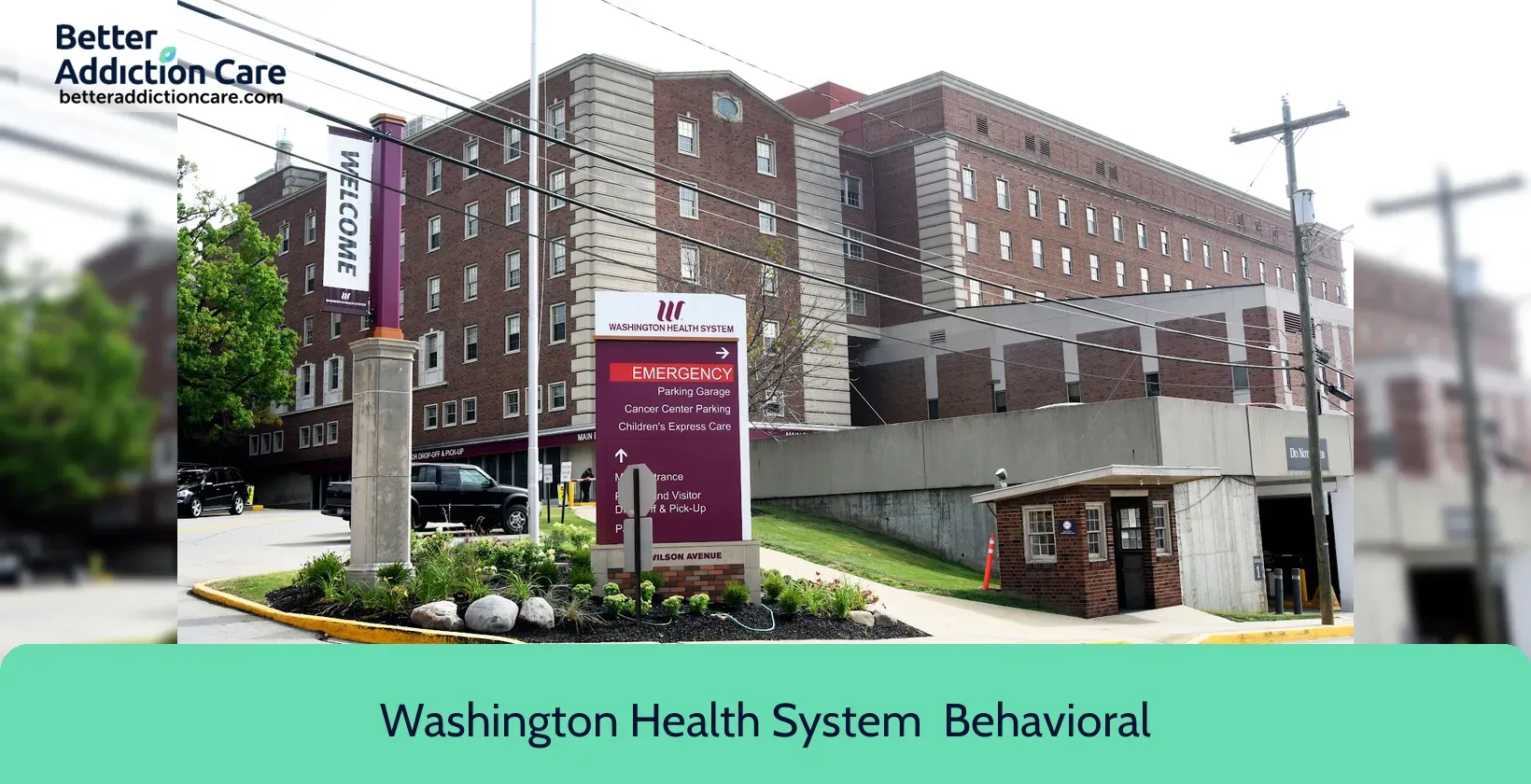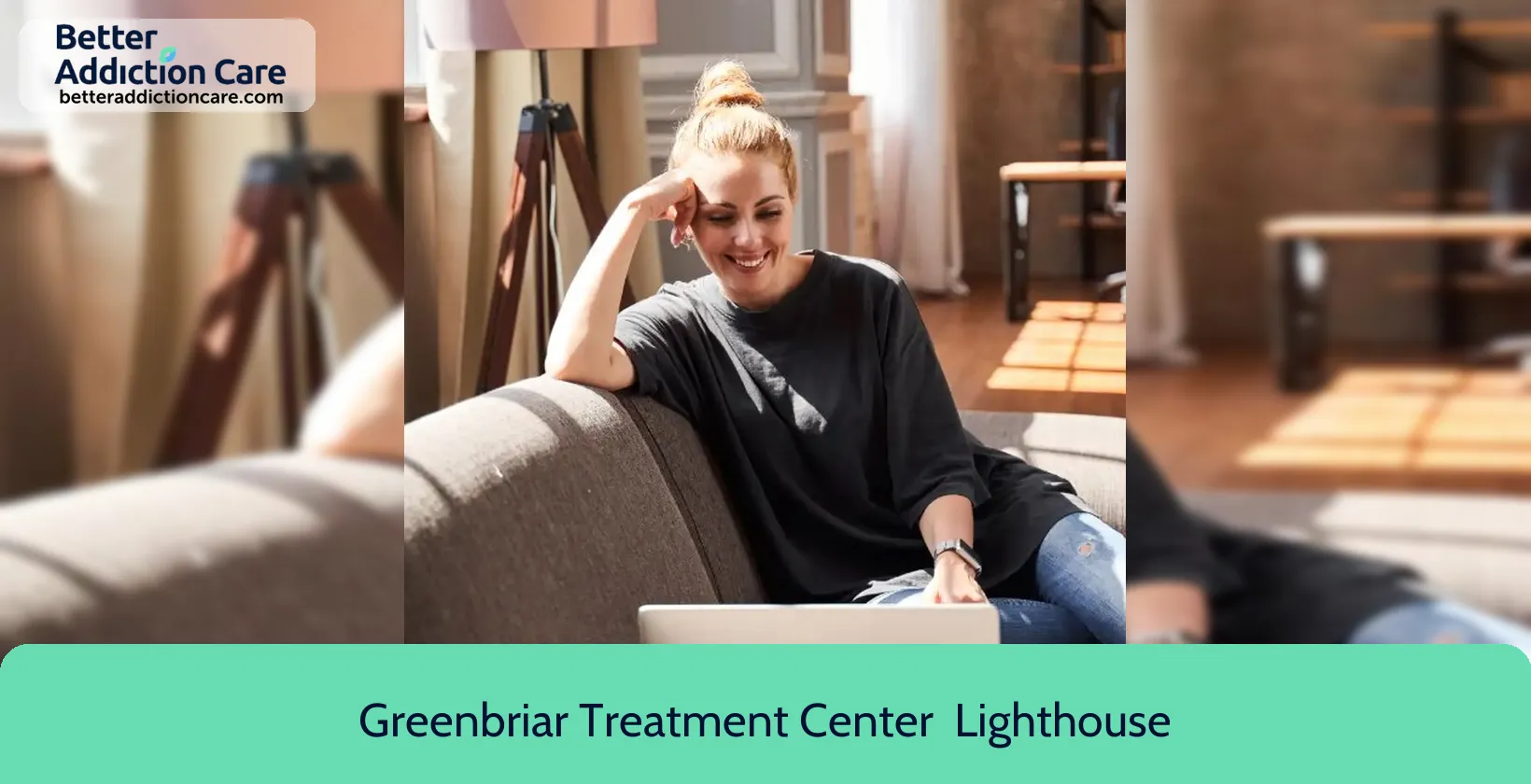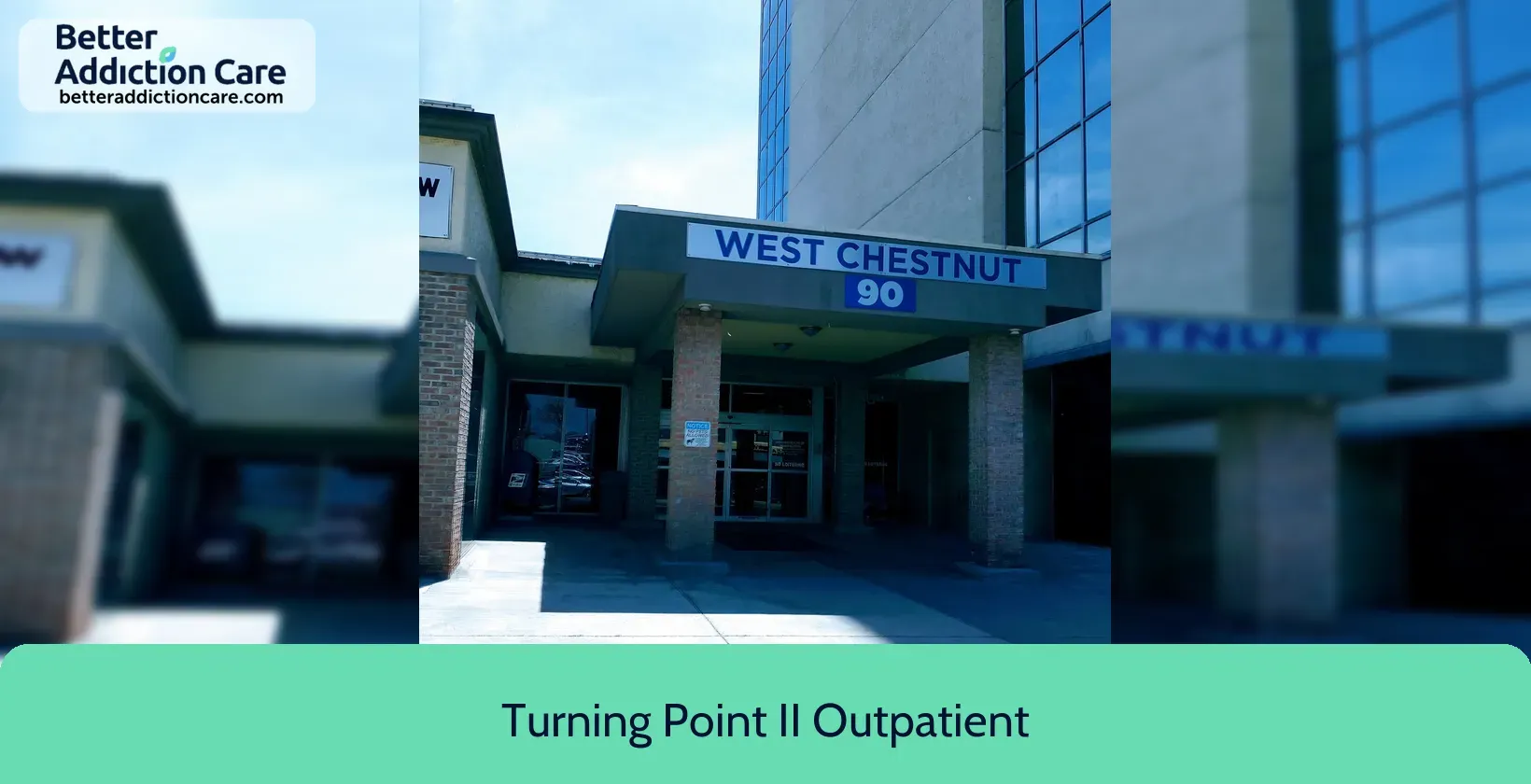Turning Point II Outpatient
Overview
Turning Point II Outpatient is a substance abuse treatment center for people seeking treatment near Washington County. As part of their treatment modalities for recovery, Turning Point II Outpatient provides cognitive behavioral therapy, telemedicine/telehealth therapy, and substance use disorder counseling during treatment. Turning Point II Outpatient is located in Washington, Pennsylvania, accepting cash or self-payment for treatment.
Turning Point II Outpatient at a Glance
Payment Options
- Cash or self-payment
- Medicaid
- State-financed health insurance plan other than Medicaid
- Private health insurance
- Sliding fee scale (fee is based on income and other factors)
Assessments
- Screening for tobacco use
- Comprehensive substance use assessment
- Interim services for clients
- Outreach to persons in the community
- Screening for substance use
Age Groups
- Seniors or older adults
- Young adults
- Adults
- Seniors
Ancillary Services
- Case management service
- Domestic violence services, including family or partner
Highlights About Turning Point II Outpatient
6.89/10
With an overall rating of 6.89/10, this facility has following balanced range of services. Alcohol Rehabilitation: 8.00/10, Drug Rehab and Detox: 6.00/10, Insurance and Payments: 6.00/10, Treatment Options: 7.58/10.-
Alcohol Rehabilitation 8.00
-
Treatment Options 7.58
-
Drug Rehab and Detox 6.00
-
Insurance and Payments 6.00
Treatment At Turning Point II Outpatient
Treatment Conditions
- Alcoholism
- Substance use treatment
Care Levels
- Outpatient
- Intensive outpatient treatment
- Regular outpatient treatment
- Aftercare
Treatment Modalities
- Cognitive behavioral therapy
- Telemedicine/telehealth therapy
- Substance use disorder counseling
- Smoking/vaping/tobacco cessation counseling
- Family counseling
Ancillary Services
Additional Services
- Pharmacotherapies administered during treatment
- Housing services
- Drug or alcohol urine screening
Special Programs
- Clients with co-occurring mental and substance use disorders
- Criminal justice (other than DUI/DWI)/Forensic clients
- Clients who have experienced intimate partner violence, domestic violence
Get Help Now
Common Questions About Turning Point II Outpatient
Contact Information
Other Facilities in Washington

6.77

6.99

6.91

7.42

7.03

6.59

6.59

7.03
DISCLAIMER: The facility name, logo and brand are the property and registered trademarks of Greenbriar Treatment Center - Lighthouse for Women, and are being used for identification and informational purposes only. Use of these names, logos and brands shall not imply endorsement. BetterAddictionCare.com is not affiliated with or sponsored by Greenbriar Treatment Center - Lighthouse for Women.

